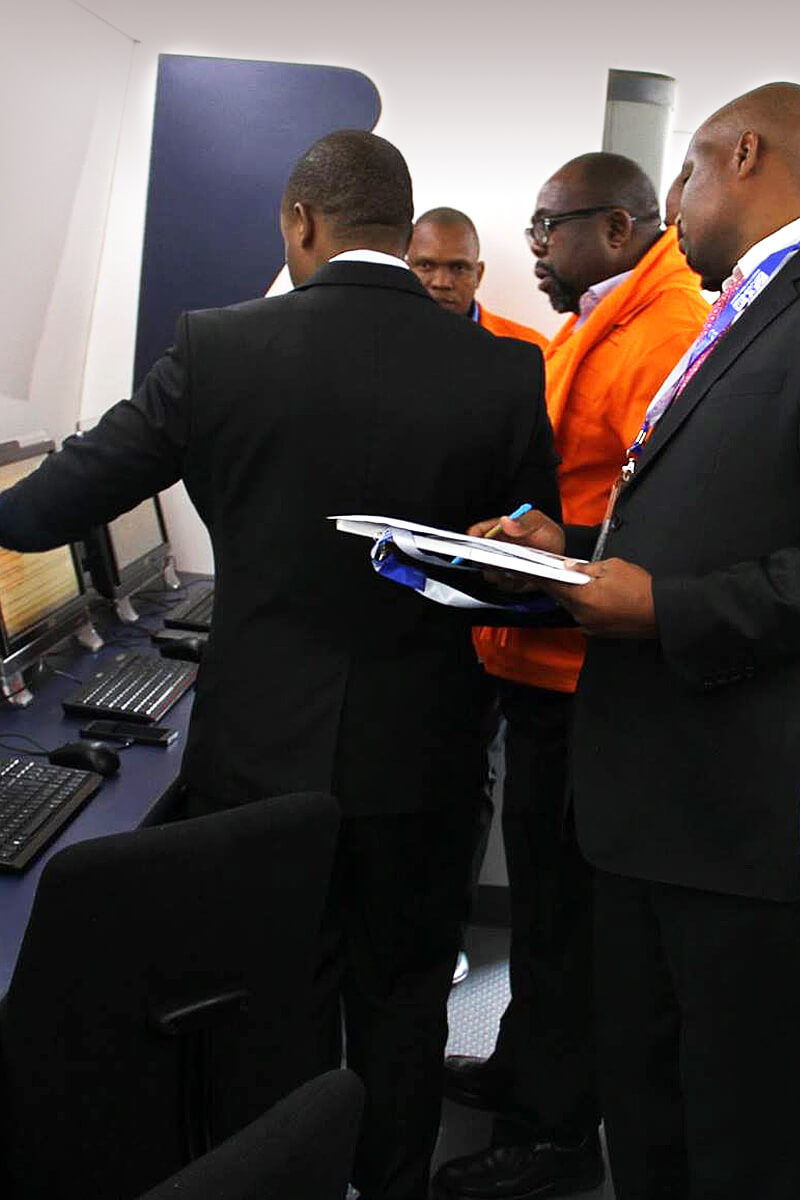
Overview
Monitoring and Evaluation
The Monitoring and Evaluation (M&E) is a sub-unit under the Strategic Planning unit within the Research and Strategy division.
The M&E unit collects quantitative and qualitative performance information from various units or divisions and performs a preliminary analysis on the data for validation. The M&E unit prepares Quarterly Monitoring Reporting (QMR) and the submission of the QMR to Department of Higher Education and Training (DHET). The unit also coordinates internal, external and DHET audits of merSETA’s quantitative and qualitative performance information.
During the 2015/16 financial year, the merSETA developed its monitoring and evaluation framework. The overall objective of this M&E framework is to enable the merSETA to improve the monitoring and evaluation of both its operation and organisation performance as well as to track the results and impact of skills interventions.
Monitoring involves collecting, analysing, storing and reporting data on inputs, activities, outputs, outcomes and impacts as well as external factors,
In a way that supports effective and efficient management. It is a management function that should, in principle, be undertaken by all managers, and provides a consistent flow of standardised data and information.
Evaluation is a periodic and systematic collection and objective analysis of evidence on public policies, programmes, projects, functions and organizations to assess issues such as relevance, performance (effectiveness and efficiency), and value for money, impact and sustainability, and recommend ways forward.
Monitoring and evaluation helps merSETA to establish the effectiveness and efficiency of its activities and processes towards a desired target or objective. It also assist in terms of making sure that the strategic objectives of the organisation are achieved.
The merSETA encourages inter dependencies between units and/or divisions where one unit’s output should be another unit’s input as opposed to being another unit’s problem. A culture to promote the ownership and importance of everyone’s roles and responsibilities from the lowest levels upwards or sideways will be encouraged by fostering a good level of buy-in at all levels.



